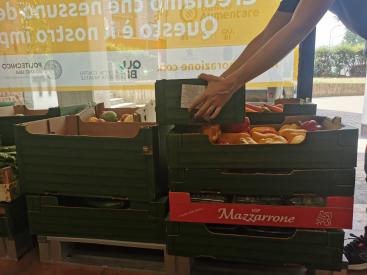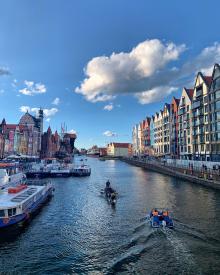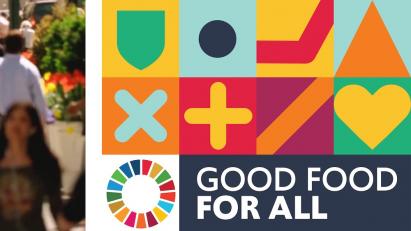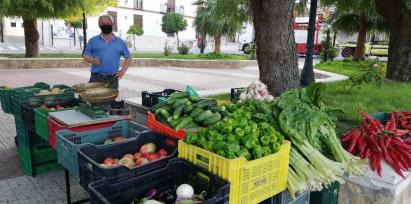SHORT FOOD SUPPLY CHAINS - Relocalising production to empower actors and make territories resilient
Short Food Supply Chains (SFSC) renew the traditional format of direct sales in order to position themselves as an alternative to the long chains that characterise the global food system, a model that has been clearly identified as unsustainable. The EU's own "Farm to Fork" strategy underlines the value of this necessary reconnection between producers and consumers, between rural and urban areas. All of this in a context where forms of irresponsible consumerism coexist - suffice it to mention the high percentage of losses and waste or the problems of famine and disease associated with it - alongside prosumerism initiatives aimed at breaking down these distances and generating alternative, sustainable, locally-based models. While recognising positive impacts in social terms, there are still aspects to be explored in the economic and environmental spheres, derived from the expansion of the Short Food Supply model. Something similar occurs from the perspective of improving the health and nutrition of the entire population, as well as democratisation and justice related to food governance. It is in this context that regional and local authorities, together with producers and consumers, can enhance strategic initiatives that definitely support a sustainable food system, as promoted by the Glasgow Food and Climate Declaration, recently signed by the FOOD CORRIDORS network.
“Did you say cucumbers?”
“Yeah, they’re cucumbers alright.”
“You just told me they are unidentifiable.”
“The worksheet didn’t work, but I can tell a cucumber when I see one, Ildi.”
When a cucumber is not a cucumber: An EU tale of customs and classification
(Journeys, how travelling fruit, ideas and buildings rearrange our environment. Actar, 2010)
[[{"fid":"45723","view_mode":"default","fields":{"format":"default","field_file_image_alt_text[und][0][value]":false,"field_file_image_title_text[und][0][value]":false,"field_author[und][0][value]":""},"link_text":null,"type":"media","field_deltas":{"1":{"format":"default","field_file_image_alt_text[und][0][value]":false,"field_file_image_title_text[und][0][value]":false,"field_author[und][0][value]":""}},"attributes":{"height":"471","width":"950","class":"media-element file-default","data-delta":"1"}}]]







